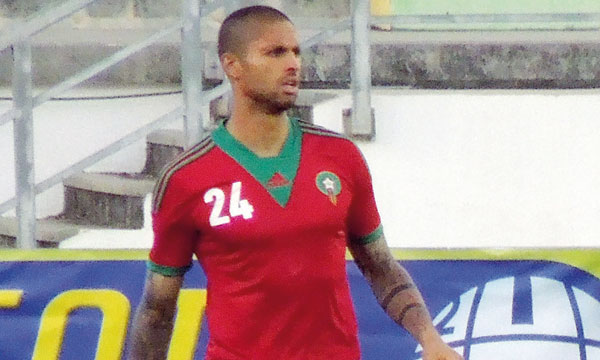Former Cameroonian footballer Somen Tchoyi, who represented his country in the 2010 Africa Cup of Nations (AFCON) in Angola, has candidly shared his reflections on the challenges he faced both during and after his football career. Speaking with Passion Foot Invest, a media outlet that focuses on football and entrepreneurship, Tchoyi offered a sobering assessment of the fleeting nature of a professional sports career and the financial pitfalls that can accompany it.
Tchoyi, who earned 15 caps and scored two goals for Cameroon, emphasized the importance of sound financial planning and the need for athletes to surround themselves with trustworthy advisors.
“Life doesn’t end after a football career,” Tchoyi remarked, “but money does. It’s crucial to stay surrounded by good people and to listen to your parents.
When money comes in, it’s very easy to spend it. Football is a maximum of 10 years. This is one of the first things a father should tell his son.”
The 41-year-old former attacking midfielder, who played for clubs such as La Berrichonne de Châteauroux, Red Bull Salzburg, and West Bromwich Albion, did not shy away from admitting his own mistakes.
“The first culprit is always me,” Tchoyi confessed. “I don’t want to blame anyone else, but I made bad choices in my life, and I’m paying for them today.
I don’t necessarily regret it, but I invested a lot of money in trivialities that I don’t even want to talk about because it’s pointless.”
Tchoyi’s football career saw a dramatic decline after his time in England, where he made headlines by becoming one of only two Cameroonians, alongside Samuel Eto’o, to score a hat-trick in the Premier League.
However, by the time he was approaching 30, his career had taken a downturn. After leaving West Bromwich Albion in 2012, Tchoyi’s attempts to revive his career saw him play briefly for FC Augsburg in Germany, before moving on to stints with Arema FC in Singapore and various lower-league clubs in Austria and Germany.
The salaries he earned during this period were a far cry from the lucrative contracts he once commanded.
Tchoyi’s story serves as a poignant reminder of the challenges professional athletes face, not just on the pitch but in managing the financial windfall that often accompanies a successful career.
His testimony underscores the importance of financial literacy and prudent decision-making, especially in a career as short-lived as professional football.
Despite his struggles, Tchoyi’s willingness to share his experiences offers valuable lessons for current and future athletes.
As he continues to navigate life after football, his words resonate as a cautionary tale about the importance of planning for the future, both financially and personally.









